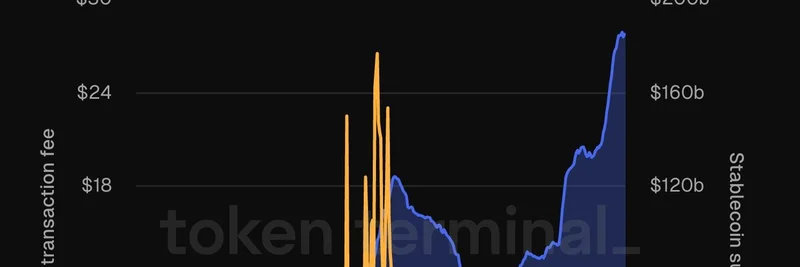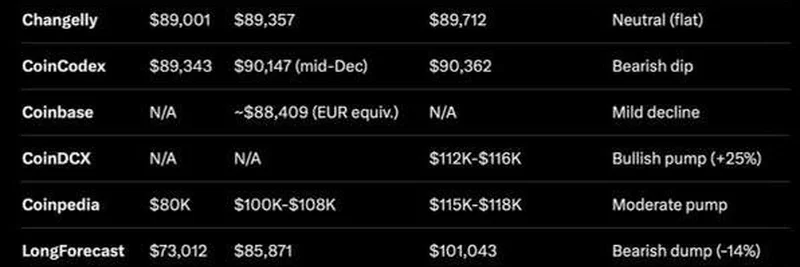In the fast-paced world of cryptocurrency, privacy tokens promise a shield against prying eyes, but as one insightful thread on X highlights, their path to widespread use is riddled with obstacles. Drawing from a post by crypto veteran Hitesh Malviya (@hmalviya9), let's unpack why these projects often fizzle out despite the initial buzz, and what this means for the broader ecosystem—including the meme token space where hype reigns supreme.
The Stark Reality of Privacy Projects
Privacy tokens aim to keep transactions confidential, using tech like Trusted Execution Environments (TEEs) to secure data. Take Secret Network as a prime example. Launched in 2020, it pioneered privacy-preserving smart contracts—essentially, self-executing agreements that run on blockchain without revealing sensitive info. Sounds revolutionary, right? But fast forward five years, and the network handles fewer than 5,000 transactions daily. That's a drop in the ocean compared to giants like Ethereum or Solana.
The token's performance tells an even grimmer story. From its all-time high, the price has plummeted nearly 97%. Despite raising a whopping $400 million from top venture capitalists, the fully diluted valuation (FDV) now sits at an 80% discount from that fundraising peak. This isn't just a market dip; it's a signal that adoption hasn't caught up to the hype.
Hitesh points out that we're now in a "second wave" of privacy buzz, with over 100 projects vying for attention. Yet, there's scant data showing real growth. Projects like these often rely on strong tech and big-name backers, but without users, they risk a "slow death." It's a pattern we've seen across crypto narratives, where initial excitement fades, leaving holders in the lurch.
Hype vs. True Adoption: Lessons for Meme Tokens
This critique resonates deeply in the meme token world, where virality and community drive everything. Meme coins thrive on short-term pumps, often fueled by social media shilling rather than utility. Privacy projects, much like memes, use token prices as a "tool to grab attention"—even if it leads to losses for latecomers. Influencers at the top of the "extraction chain" pump narratives, turning newcomers into bag-holders while cashing out during the hype window.
But here's the kicker: for privacy tech to stick, we need more than memes and moonshots. Education is key. As Hitesh urges, focus on teaching people how to use these tools and build decentralized apps (dApps) on them. In the meme space, this could mean integrating privacy features into fun, viral projects—think anonymous meme trading or shielded community funds. Without it, we're just recycling the "same old story" to a new audience, perpetuating cycles of boom and bust.
Why Education and Usage Matter More Than Shilling
Crypto's early days were fueled by altruism—people building for the tech's sake. Now, it's profit-driven, making adoption tougher. Unless a project has a cult-like leader keeping the community engaged (even in down markets), efforts wane when prices tank. Privacy tokens, with their complex setups, face an uphill battle here. Users prioritize convenience over confidentiality, as one reply in the thread noted: "still comfort > privacy."
For blockchain practitioners, this is a call to action. At Meme Insider, we see parallels in how meme tokens succeed through accessible, engaging narratives. Privacy projects could learn from this: simplify onboarding, create real-world use cases, and foster communities around utility, not just speculation. Tools like Houdini Swap, mentioned in replies, show promise with consistent $100M+ monthly volumes in private swaps—proving that user-friendly privacy can generate revenue.
The Opportunity in Crypto Narratives
Ultimately, Hitesh nails it: every narrative has a "passage" for profits—the window where hype peaks before reality sets in. Spotting it early makes winners; missing it leaves the majority holding the bag. In privacy's case, true adoption might still be years away, but for meme enthusiasts, this underscores the importance of discerning real tech from fleeting trends.
As we track the latest in meme tokens and blockchain tech here at meme-insider.com, threads like this remind us to look beyond the charts. Whether you're building dApps or apeing into the next viral coin, prioritize learning and usage. That's how we evolve from speculative plays to a mature ecosystem.
If you're diving into privacy tools or meme projects, share your thoughts—what's holding back adoption in your view? Let's keep the conversation going.



